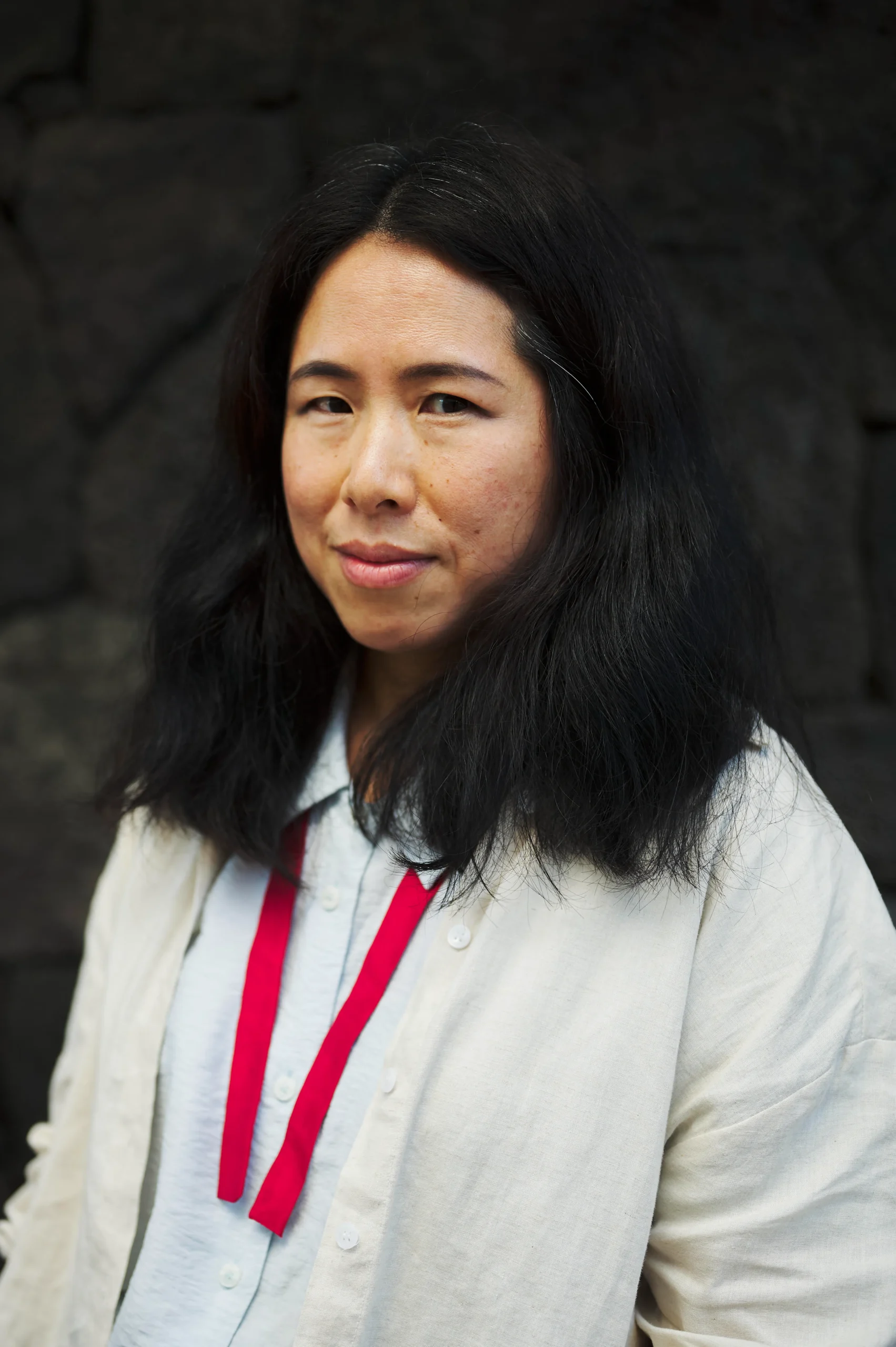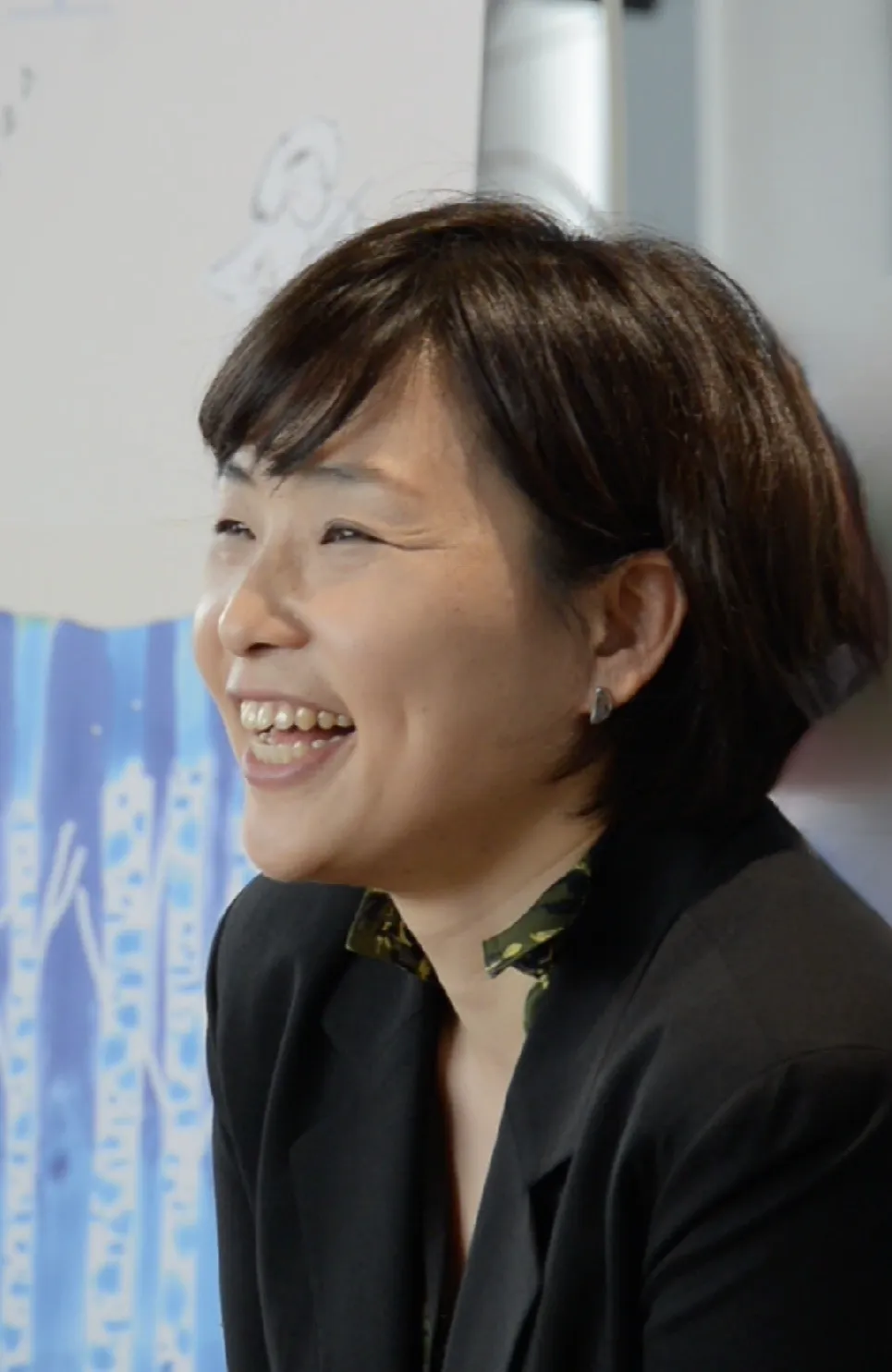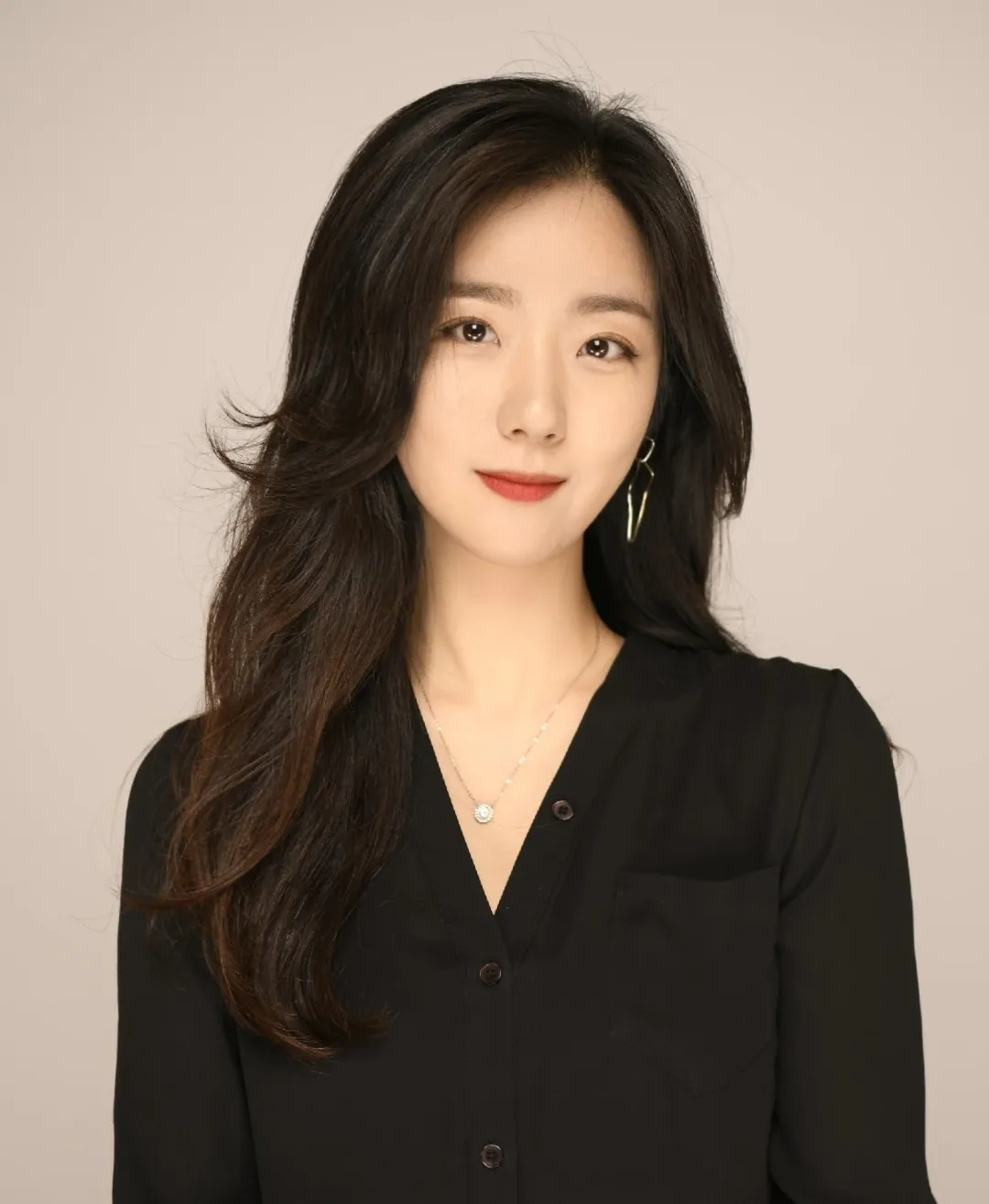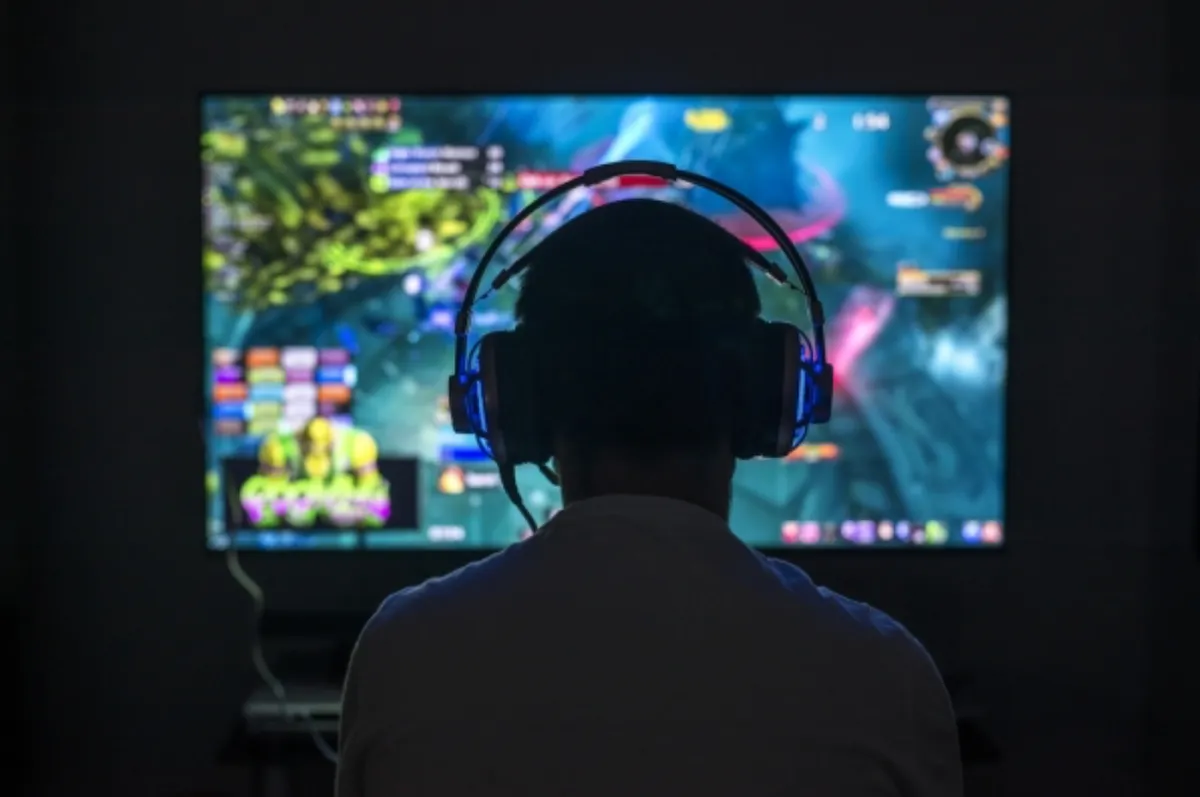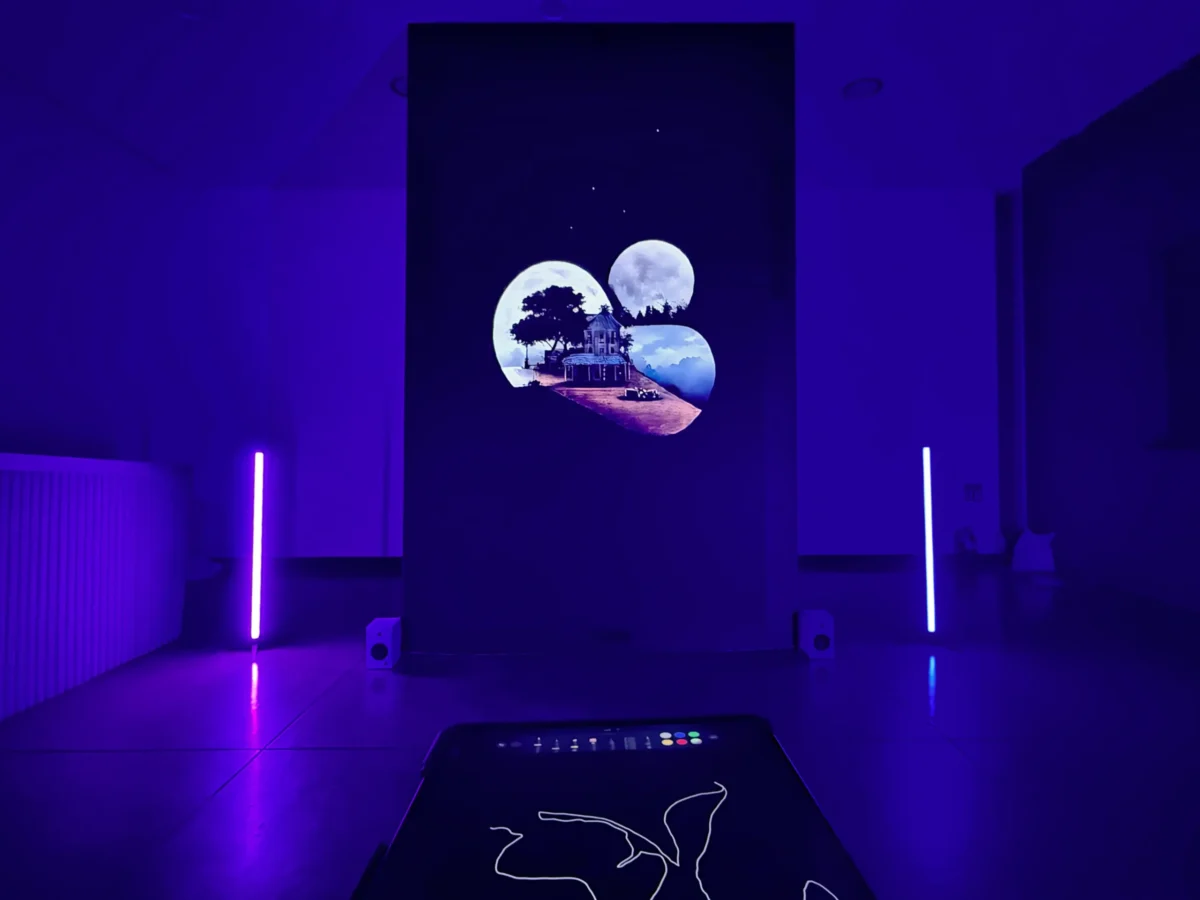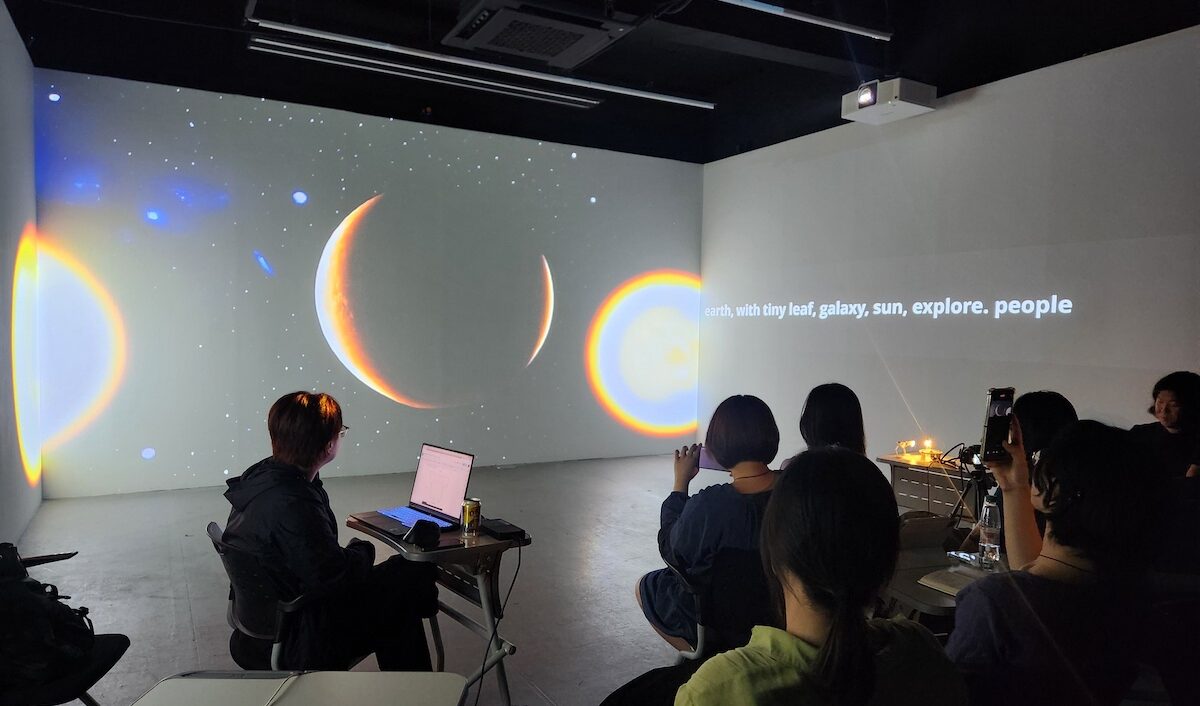|
[Issue]introduces the future direction of art education that the Art Collider Lab (hereinafter referred to as AC Lab) at the Convergence Arts Center seeks to pursue through the educational programs it has planned and operated.
This article is based on the contemporary discourses explored in the 2024 “Connected Week: Open Access School” lecture program, which focused on the theme of “Commons.” Through video and written records, it documents the key discussions from the sessions. Open Access School was a small-group lecture series designed to break down boundaries, bringing together students, industry professionals, and individuals from various fields to share ideas, experiences, and inspiration. Discover the discussions and insights exchanged during these sessions. |
| Session 2_Art and the Commons – Envisioning Possible Futures
Why should art engage with the commons and its social significance? What kind of future does art envision when intertwined with practical concerns? With these questions in mind, the second session of Open Access School was held under the theme “Art and the Commons: Envisioning Possible Futures.” The session featured Binna Choi, a curator who has been actively engaged with CASCO(Utrecht, The Netherlands), a renowned arts institute in the Netherlands, and was recently appointed co-artistic director of the Hawaii Triennale. Also joining the discussion was Ji-Hye Seo, founder of the Socially Engaged Musicians’ Network(SEM Network) and currently the head of Inculture Consulting, where she specializes in cultural policy and arts management consulting.
Binna Choi introduced her curatorial work centered on the concept of the commons, drawing on past projects and initiatives to illustrate its social significance and why it matters. She explored the role of art in fostering alternative ways of living and the critical questions artists must engage with in this process. In a similar vein, Ji-Hye Seo shared how her perspective on art shifted after encountering El Sistema, Venezuela’s renowned arts education program and social movement. She discussed why she came to see practice as a central theme in the artistic life. Through the lens of the commons, this discussion examined the counter-perspectives and practical alternatives that art can propose in response to the social challenges produced by capitalism.
| Unlearning and Aloha: A New Awareness for the Commons
“Unlearning” is a key epistemological approach that Binna Choi drew inspiration from through the Dutch artist Annette Krauss’s project <Site for Unlearning>. The concept refers to breaking away from ingrained habits and conventions that shape our ways of thinking and acting. For instance, if we were to unlearn our perception of time—one structured by clock time and the linear temporality of institutional systems—what new perspectives might emerge beyond the capitalist notion of time? What new ways of understanding and experiencing the world might emerge?
Binna Choi emphasized the importance of “unlearning busyness” in a society that prioritizes productivity. Shifting away from the notion that we must always be productive—and from the mindset that places productivity at the center of both work and daily life—is not simply about pursuing its opposite. Rather, it involves a process of emptying out what already exists, letting go of ingrained structures, and making space for new ways of being that we may have overlooked.
A key example of unlearning put into practice at CASCO on an organizational level was the act of ‘cleaning’. Traditionally, labor in the realm of reproduction has been dismissed as unproductive or secondary. However, members of CASCO eventually recognized that cleaning duties were disproportionately falling on certain individuals. This realization led them to confront the patriarchal structures within their own community and actively work toward change. As a response, they collectively decided to make cleaning a shared, regular practice—transforming it into a communal and artistic act rather than an invisible, undervalued task. Through this, they reframed cleaning not as a task for a few, but as an essential, participatory activity that promotes awareness, transformation, and the invention of new ways of being.
So, what is the scope of the communal work called the commons, and what exactly does it mean? According to Binna Choi, the commons is closer to the concept of “commoning,” which is rooted in the idea of “doing and ongoing action,” and is also an activity that dismantles binary thinking systems. Moreover, she suggests that the term “commons” should be used in a broader sense, extending beyond its traditional associations with governance, community, or its primary translation as “shared resources.” To understand this more clearly, it may help to recall the slogan of the Hawaiian indigenous movement, “I love you in the name of the commons.” The key word here, “love,” does not refer to personal, romantic love but begins from an understanding of each other’s existence. It is used in a non-personal sense, grounded in the recognition that there are larger relational networks that enable our existence. In other words, love, in this context, arises from respect for existence and the collective responsibility that comes with it. Binna Choi describes this as a form of impersonal solidarity.
In this context, the Hawaiian indigenous movement reappropriates the greeting ‘Aloha’, which is deeply rooted in Hawaiian traditional worldviews, as a counter to the colonial representations and capitalist understanding of Hawaii as a tourist destination. This reappropriation challenges the colonial narrative and embraces a deeper connection to the land and culture. Understanding community and loving the existence of others, in this sense, is possible only through a non-personal bond that takes into account their position and identity. From the perspectives of unlearning and ‘Aloha’, the epistemology of the commons opens up possibilities for artistic experimentation. It invites us to imagine how such ideas could serve as the foundation for artistic reflection and practice, pushing the boundaries of how art engages with the world.
| Connecting Through Artistic Practice
Ji-Hye Seo, head of Inculture Consulting and advocate for social change through music, cites her first encounter with the Venezuelan music education program ‘El Sistema’, as a pivotal moment in her life. After the implementation of this free music education program, significant social change was catalyzed, particularly among low-income students in Venezuela. Why was this type of arts education able to transform not just the students who benefitted from it but also society as a whole? According to Ji-Hye Seo, the value students gain from such music education goes far beyond the music itself. Being part of an orchestra means learning how to interact with peers and understanding the genuine commitment required to engage with music. In this process, students are not just learning music—they are being introduced to collective values, fostering cooperation rather than competition. The orchestra, thus, provides an opportunity to internalize these shared values through collective practice.
Ji-Hye Seo became interested in various forms of socially engaged art after discovering the renowned arts education model ‘El Sistema’. By applying this model, she has created various art activities and educational programs, not only contributing to the field of arts education but also exploring ways to connect society with art.
What role can art play in creating practical life changes through such activities? And what do artists need in order to sustain socially engaged art? Through this process of reflection, Ji-Hye Seo encountered the World Alliance for Arts Education Practitioners, where she shared ideas on arts education and exchanged ways to put those ideas into practice, continuing to explore and address the challenges of creating practical, engaged art through solidarity.
Based on this, she organized a forum for arts educators and chose “Unlearning” as the first theme, inspired by the idea of ‘unlearning’ and ‘uneducation’. This decision was made because she believes that alternative ways of life cannot be taught or learned in the traditional sense; they can only be demonstrated by unlearning the existing norms and structures of life. To achieve this, what is necessary is a network where artists who are focused on creating new sensory experiences through art can meet and gather. This has been the underlying reason for her ongoing efforts to create spaces for practical artists to come together and engage in these transformative activities.
She also mentioned the ethical attitudes of artists, as the process of thinking about what art should be in order to change society and take its place in society inevitably involves ethical considerations. In this process, she said it was helpful to study the perspectives of the visual arts, which have been thinking about socially engaged art and the role of art in society. Seo, who is continuing to apply this to the music field, added that ultimately, we need to think about how the social practice of art can trigger the intrinsic impact of art.
This effort to not only change perspectives but also to create practical changes and activities led to the establishment of the SEM Network, where experts in various music fields collaborate to create social change through music, while considering the social power and possibilities of art and experimenting with the functions of music that society needs. In the end, it can be said that the reason why Seo creates and participates in domestic and international networks and collaborative organizations is because she believes that solidarity among artists can create socially valuable changes.
Through this session, we explored the possibilities that art can present or trigger in relation to social change connected to the “future.” We also considered ways to expand these possibilities through the epistemological tool of ‘unlearning’ and the value of solidarity. By recognizing that art can seek new values through practical activities that have the potential to transform existing social structures, we hope this discussion serves as an opportunity to reflect on what the future of society should look like.
/ written by Gian Kim (Korea National University of Arts)
